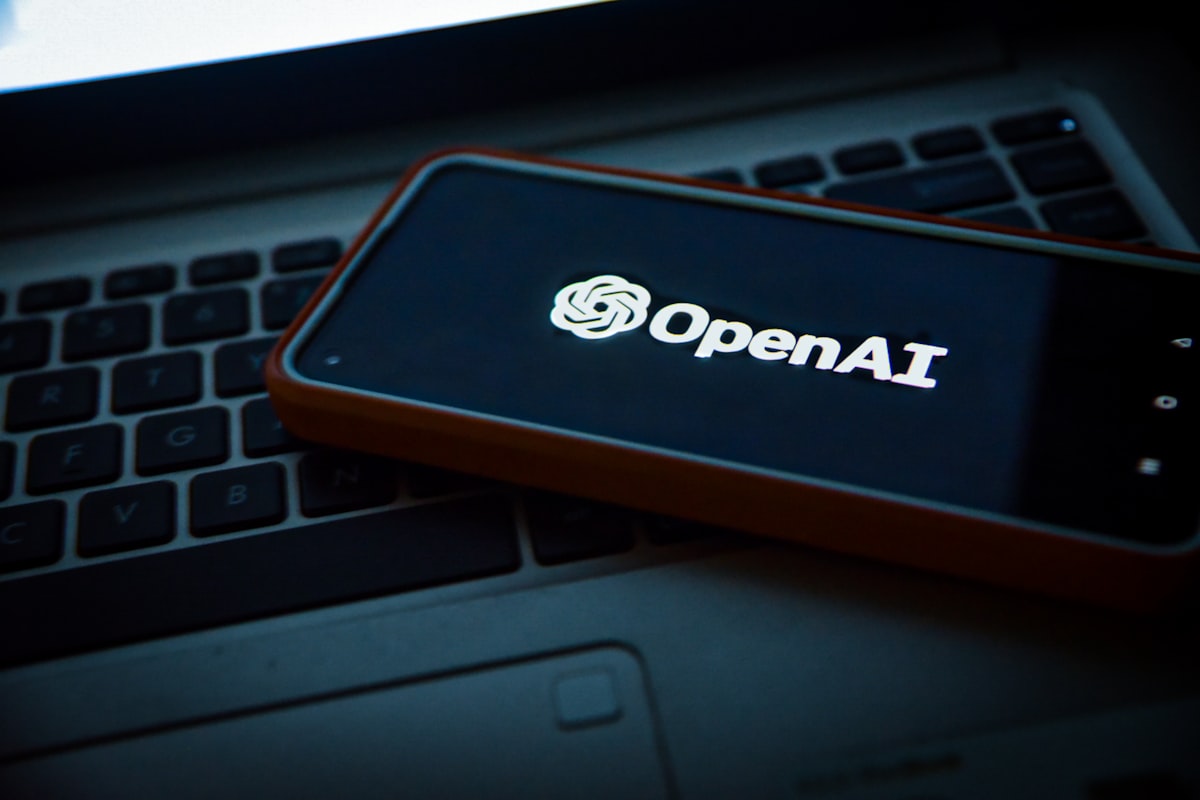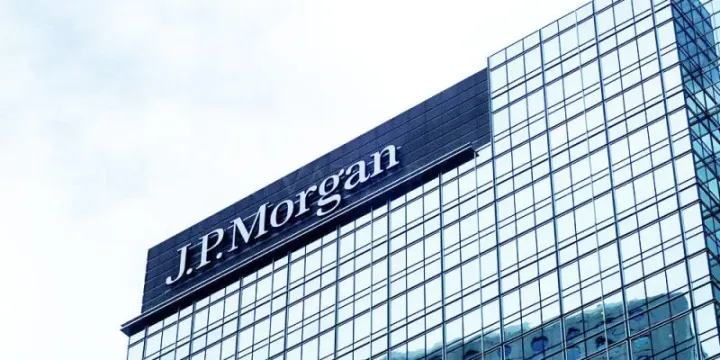OpenAI Researchers Warn of Potential Dangers of AI Breakthrough
AGI is a hypothetical AI capable of performing any intellectual task that a human can.

OpenAI researchers have expressed concerns to the company's board of directors about a recent AI development that they believe could pose a threat to humanity. The researchers' letter was one of several factors that led to the board's decision to oust OpenAI CEO Sam Altman, according to a report by Reuters.
The researchers' concerns center on OpenAI's latest AI model, Q*, which they believe could be a significant step toward achieving artificial general intelligence (AGI). AGI is a hypothetical AI capable of performing any intellectual task that a human can.
In their letter to the board, the researchers flagged AI's potential danger, stating that "there has long been discussion among computer scientists about the danger posed by highly intelligent machines, for instance, if they might decide that the destruction of humanity was in their interest."
OpenAI has acknowledged the researchers' concerns and has pledged to develop AI safely. In an internal message to staff, OpenAI executive Mira Murati stated that the company is "committed to working with our researchers and the broader AI community to address these concerns and ensure that AI is developed and used in a safe and responsible manner."
The researchers' warnings raise important questions about the future of AI and the need for careful consideration of the potential risks associated with this powerful technology. As AI continues to develop, it is crucial to establish safeguards and ethical guidelines to ensure that AI is used for the benefit of humanity, not its destruction.
About OpenAI
OpenAI is a non-profit research company with the stated goal of promoting and developing friendly AI in such a way as to benefit humanity as a whole. It was founded by Elon Musk, Sam Altman, Ilya Sutskever, and others in late 2015.




